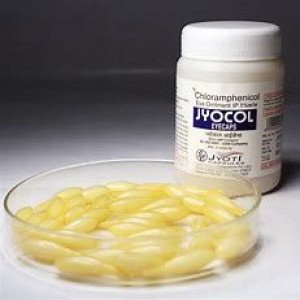 Welcome
Welcome
“May all be happy, may all be healed, may all be at peace and may no one ever suffer."
- A
- B
- C
- D
- E
- F
- G
- H
- I
- J
- K
- L
- M
- N
- O
- P
- Q
- R
- S
- T
- U
- V
- W
- X
- Y
- Z
Vitamin C, Vitamin E, Lutein, Copper & Zinc - Brands
Vitamin C is highly concentrated in the lens compared to blood. A long term Vitamin C supplement use (10+ years) has been associated with reduced risk of cataract. Vitamin C has an important role in harmful free radicals scavenging activity.
In study, it is found that high serum Vitamin E concentrations have been associated with reduced risk of cataract (exact mechanism of action is not still established). As an antioxidant vitamin, it also plays an important role in harmful free radicals scavenging activity.
Lutein is a carotenoid, specially concentrated in the macula. Clinical and animaldata indicates that this caretenoid could protect the macula from oxidative or light damage.
Although exact mechanism of action is not clear but onelarge study has found that high levels of dietary Lutein is associated with relatively lower risk of AMD (Age-Related Macular Degeneration). Zinc is an essential trace element involved in many enzymes system.
Symptoms of less severe deficiency include distorted or absent perception of taste, smell and poor wound healing. Severe deficiency causes skin lesion, alopecia, diarrhea, increased susceptibility to infection and failure to thrive in children.
Copper plays important role in growth, skeletal integrity, and development of nervous system. As a part of various enzymes, it takes part in numerous metabolic conversions.
To be happy, beautiful, healthy, wealthy, hale and long-lived stay with DM3S.
